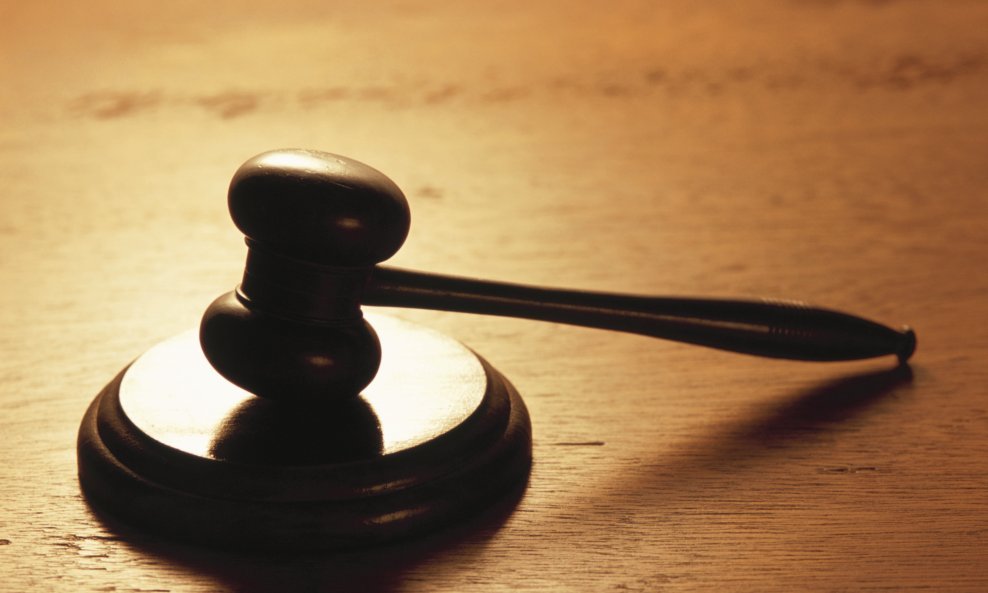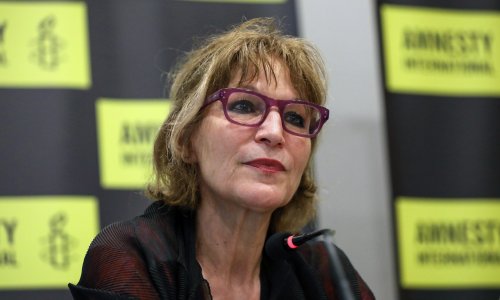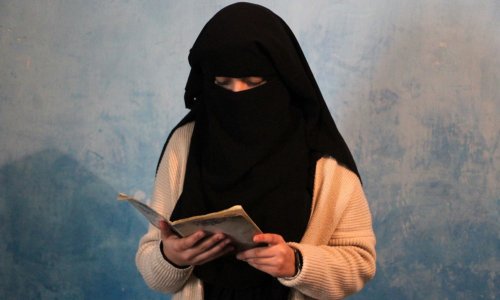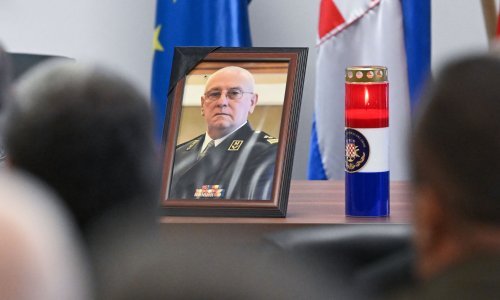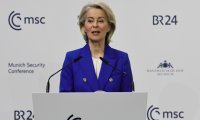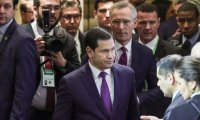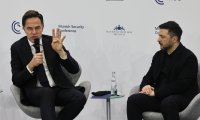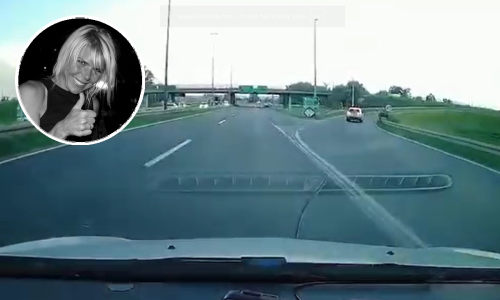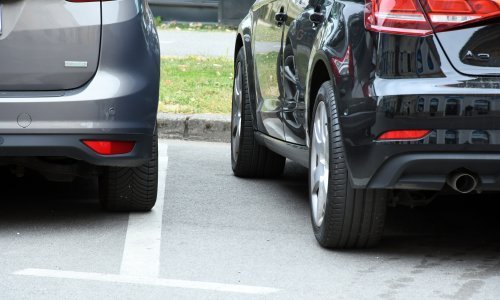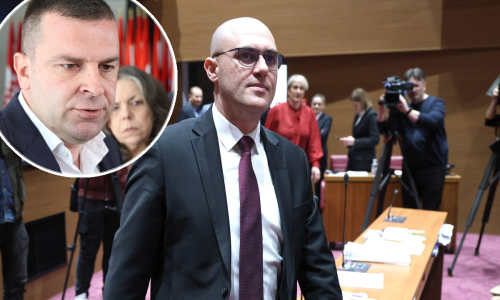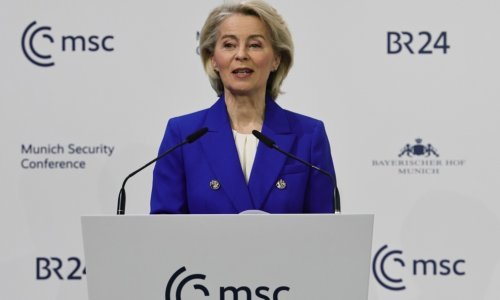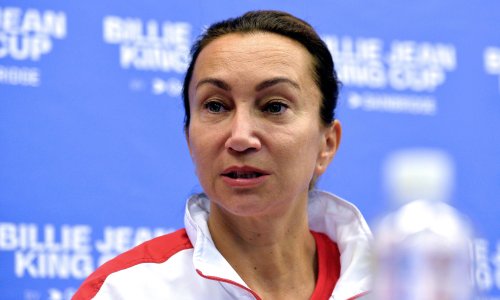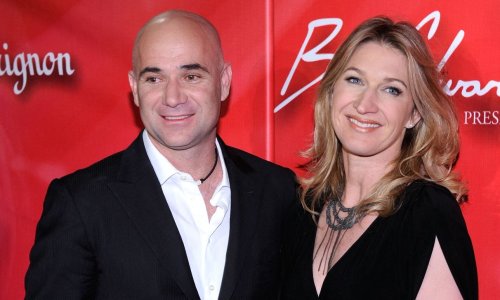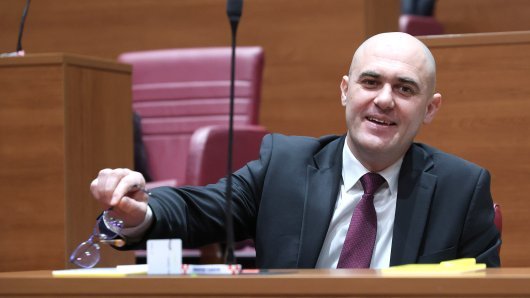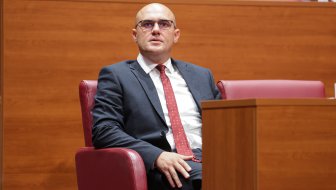In its latest report on Croatia, the international human rights watchdog Amnesty International calls on the Croatian authorities to speed up the prosecution of war crimes suspects, stressing that the authorities have failed to launch investigations against some high profile military and political officials despite the existence of publicly available court documents that could incriminate them.
"Despite the existence of publicly available information, including evidence from public court proceedings in Croatia, allegations against some high profile military and political officials have not been investigated," reads the report, made public on Wednesday.
The allegations are detailed more fully in the report, but examples include Vladimir Seks, Deputy-Chairman of the Croatian Parliament, who is alleged to have been involved in crimes committed in Osijek in 1991.
General Davor Domazet-Loso, who was identified in a trial judgment as effectively being in command of the 1993 military operation in Medak Pocket, and Tomislav Mercep, a war time Assistant Minister of the Interior and reportedly under investigation by the International Criminal Tribunal for the former Yugoslavia, have so far also escaped thorough, independent and impartial investigations for similar allegations, reads the report.
In the report, entitled "Behind a wall of silence: Prosecution of war crimes in Croatia", AI voices concern about the lack of political will to prosecute crimes and about Croatia's legal framework, which it says is "inadequate and not in line with international standards".
Presenting the report at a news conference in Zagreb on Wednesday, AI's programme director for Europe and Central Asia, Nicola Duckworth, said that in Croatia there still exist obstacles that need to be overcome so that war crimes are not left unpunished.
She warned that, even though certain progress had been made, Croatian authorities had to urgently identify the remaining obstacles because the prosecution of war crimes was one of the benchmarks for the closing of the policy area Judiciary and Fundamental Rights in the country's EU entry talks.
AI officials said that the European Commission, which is in charge of monitoring Croatia's progress in the EU membership talks, shared their concern about that issue.
Duckworth added that the international community was exerting pressure on Croatia, but was also encouraging it to deal with its past.
Croatia must use this report to improve the human rights record in the country, Duckworth said.
Relying on statistics provided by the Croatian government, AI recalls that there are close to 700 cases that refer to war crimes and that are yet to be prosecuted.
Around 18 cases are closed per year... the pace is very slow, said Marek Marczynski, an AI expert on Croatia.
Voicing concern that the prosecution of war crimes could take another 40 years if pursued at the current pace, Marczynski said that almost a half of the 700 cases referred to the area of Sisak and called for urgently setting up special court departments to deal with war crimes.
AI also notes that prosecutions of war crimes in the period of 2005-2009, on which the report focuses, have disproportionately targeted Croatian Serbs who were the accused in nearly 76 per cent of all cases.
Marczynski also said that there was a big disproportion between what the country had achieved in fighting corruption and organised crime and what it had done in the prosecution of war crimes, which he said had been left aside.
Duckworth said that the obligation to deal with the issue of war crimes would remain also once Croatia completed its EU entry talks.



